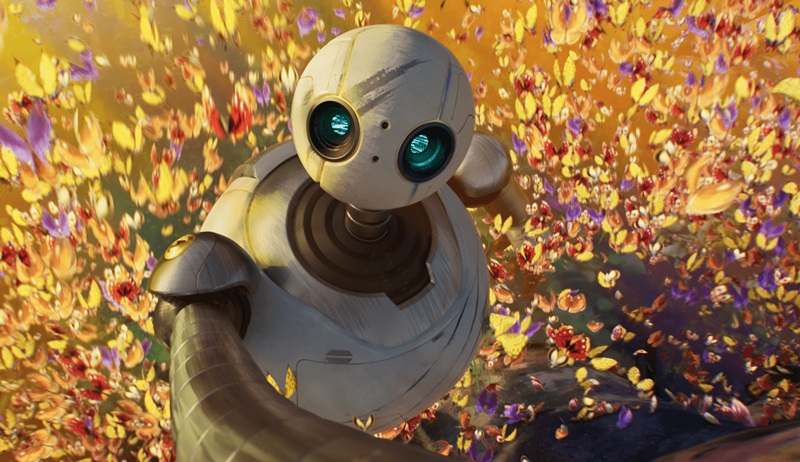
There is a single concept that drove The Wild Robot author Peter Brown, inspired the filmmakers adapting the story, and even guided the titular character within the film: kindness can be a survival skill.
The Wild Robot stars Roz, a housekeeping robot marooned on an island with only forest animals to serve. She realizes that if she is to help these animals, she needs to understand them, looking not to her own interests or programming, but to the interests of her neighbors.
The result is a character that exemplifies the life of service every Christian should strive for. Roz cares for the orphan (raising and nurturing a gosling), loves her enemies (such as the fox who stole from her), lives at peace with everyone (helping every animal survive a ruthless winter), and even is willing to lay down her life for her forest friends.
Roz’s selfless tactics seem strange to say the least. The animals often ridicule her counterintuitive way of living, which goes against every natural instinct or “circle of life” mantra they were born to. But, eventually, they realize that this unwavering form of love and kindness isn’t just a lifestyle choice…it’s the only way to truly live.
Roz has become a new person (literally, the compassion she now feels has rewritten her original code), and in the process, has transformed the hearts and minds of an entire ecosystem. By the film’s end, the animals continue to spread Roz’s story and message in a way that, dare I say it, reminds me a little of Christ:
“A robot fell right out of the sky. Roz. She had some strange ideas. Thought kindness was a survival skill. And you know what? She was right.” — Christian Jessup (2024) (A Cloudy Picture)
Arts & Faith Lists:
2024 Arts & Faith Ecumenical Jury — #10